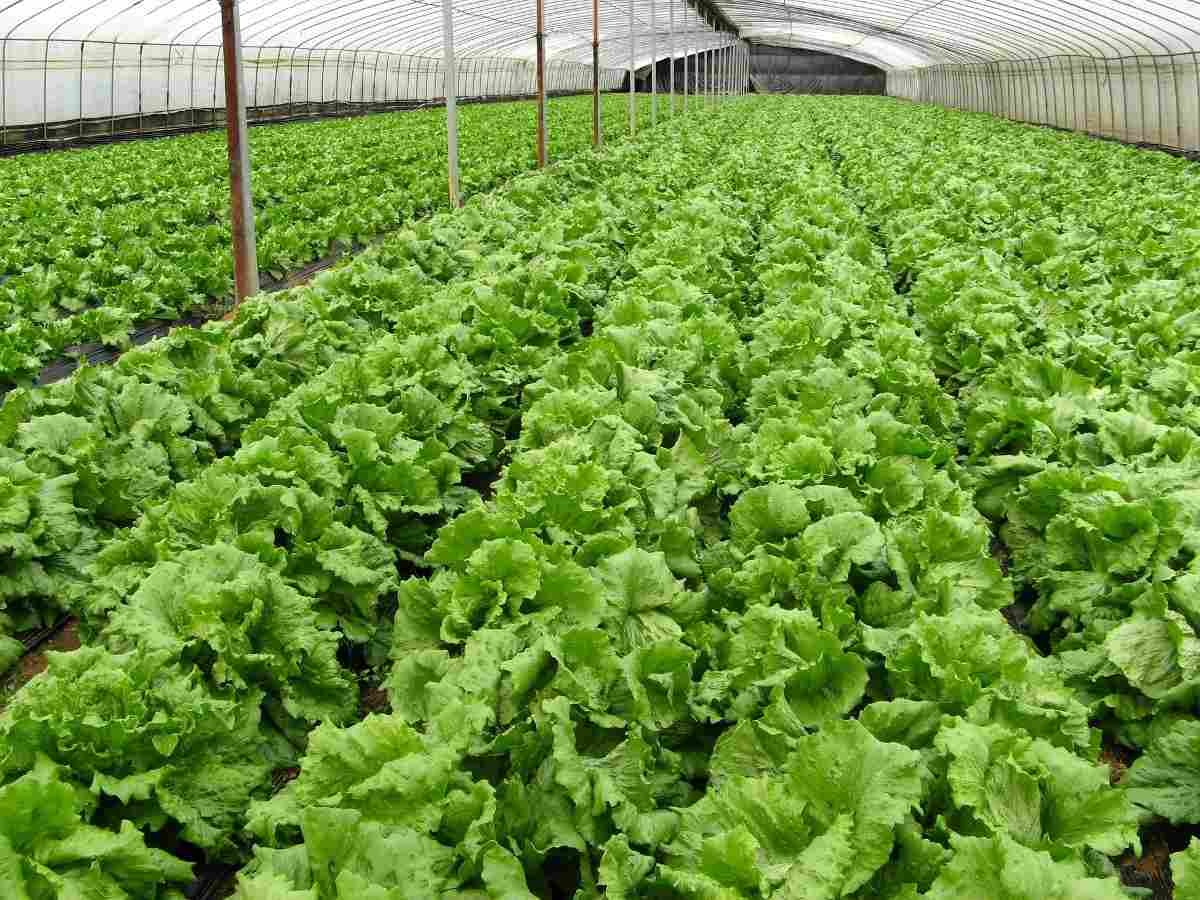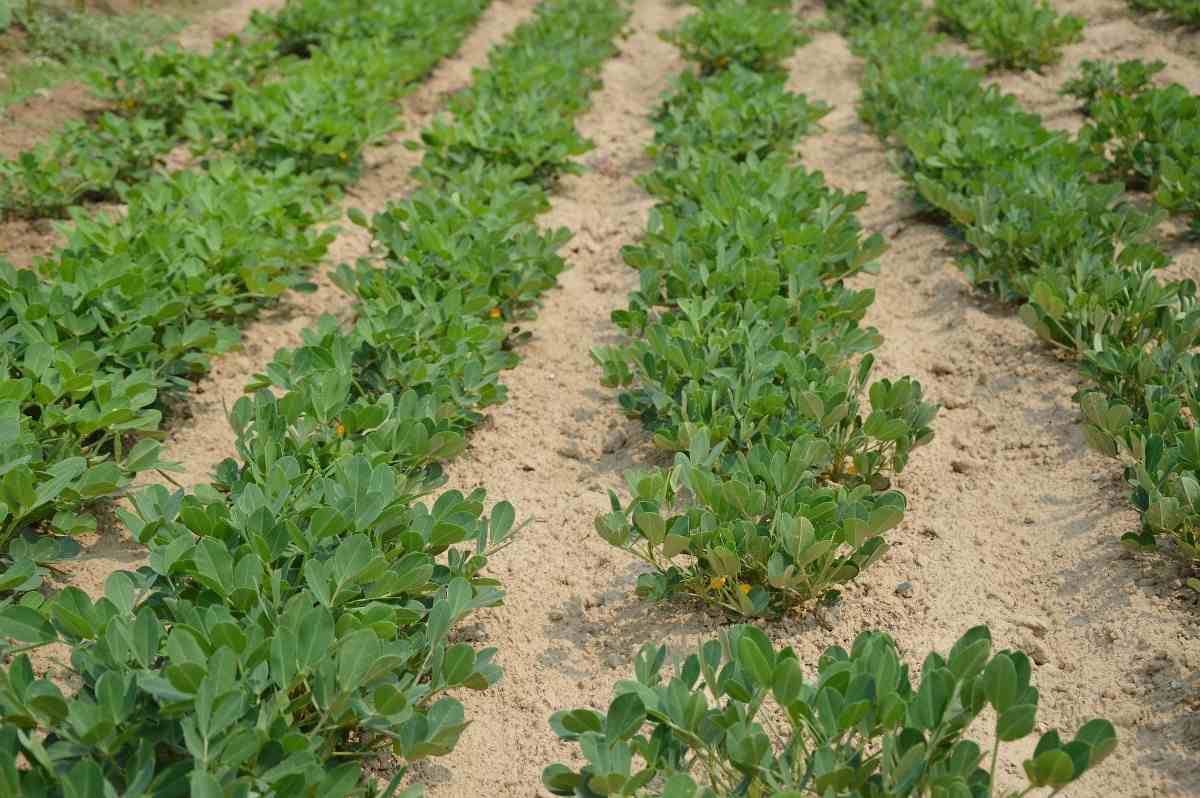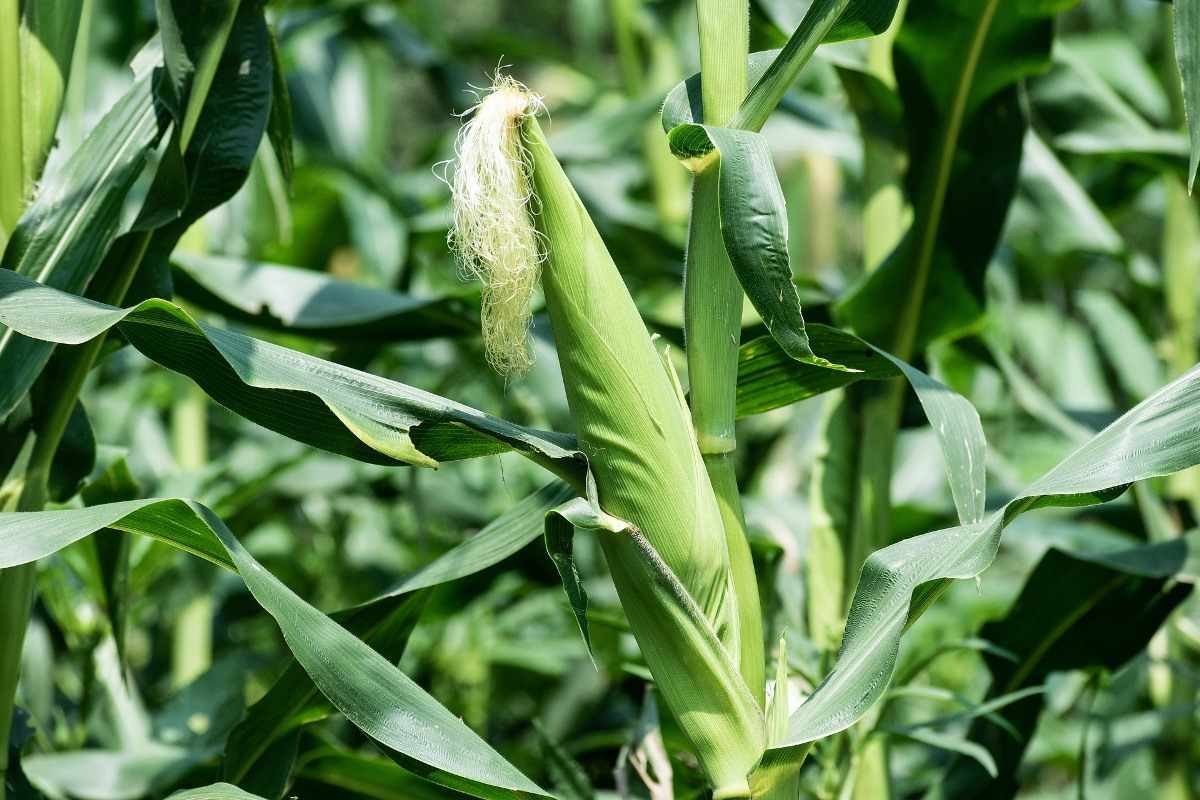
Hello farmer friends, today we are here with a topic of This is one of the Government Schemes for Organic Farming in India. In India, organic farming is practiced for thousands of years. Organic farming in India is an agricultural method, uses pest control derived from organic manure and animal or plant waste. Organic farming started to respond to the environmental suffering caused by chemical pesticides and synthetic fertilizers. It is a new agriculture system that repairs, maintains, and improves the ecological balance. In India, organic farming is very economical, it uses no expensive fertilizers, pesticides, High Yielding Varieties of seeds for the plantation of crops. It has no expenses. By using the cheaper and local inputs, a farmer can earn a good return on investment. There is a huge demand for organic products in India and worldwide and earn more income through export. Growing organic products are more nutritional, tasty, and good for health. Organic farming is environment friendly; it does not use fertilizers and chemicals. Now, let us get into the detailed information of various This is one of the Government Schemes for Organic Farming in India.

Soil management is the primary method of organic farming in India. After crop cultivation, soil loses its nutrients, and its fertilizer goes down. The process in which soil is recharging with all the necessary nutrients known as soil management. Organic farming uses natural methods to increase the fertility of the soil. It uses bacteria, available in animal waste. The bacteria help in making the soil more productive and fertile. Organic cultivation methods can increase farm productivity. During the last few years the number of farmers, increasing has shown a lack of interest in farming and the people who used to cultivate are migrating to other areas. Organic farming is one method to promote either self-sufficiency or food security.
In organic farming, it is very important to constantly work to build healthy soil that is rich in organic matter and has all the nutrients that the plants need. Several methods like green manuring, the addition of manures, and biofertilizers, etc can be used to build up soil fertility. Soil with high organic matter resists soil erosion, holds water better, and requires less irrigation.
Organic farmers diversify their crops and spread their planting schedules throughout the year to maintain biodiversity and enhance the health of the soil. This creates opportunities for year-round employment, reduces turnover, and may alleviate problems related to migrant labor. Organic cultivation has the effect of strengthening local communities and supporting rural development.
The characteristics of organic farming are;
In organic farming, the presence of pests is anticipated in advance and hence the planting schedules and locations are adjusted as much as possible to avoid serious pest problems. The key to building a population of beneficial insects is to establish borders around fields planted with blends of flowering plants that the beneficial insects particularly like. Then periodically beneficial insects are released into the fields, where the host crops serve as their home base and also attract more beneficial insects over time. When faced with a pest outbreak that cannot be handled by beneficial insects, the use of natural or other organically approved insecticides like neem pesticides is done. The most important criteria for allowed organic pesticides are low toxicity to people and other animals and low persistence in the environment. Then, these criteria are determined by the National Organic Standards. Under organic farming, proper fertility management through a balanced supply of macro and micronutrients and crop rotation adoption has shown to improve the resistance of crops to certain diseases.

The below are basic approaches involves the five principles;
1. Conversion of land from conventional to organic ;
2. Entire surrounding system management to ensure biodiversity and sustainability of the system;
3. Crop production with the use of alternative sources of nutrients like crop rotation, residue management, organic manures, and biological inputs;
4. Weeds and pests management by better management practices, physical and cultural means and by biological control system; and
5. Maintenance of livestock with the organic concept and also make them an integral part of the entire system.
In case if you miss this: Vegetable Farming Tips In India.

Differenct Government schemes for organic farming in India are;
This is one of the Government Schemes for Organic Farming in India. Paramparagat Krishi Vikas Yojna (PKVY) is excellent in organic farming to install sustainability, ensure long-term soil fertility development, and offer healthy food grown through organic farming practices. Participatory Guarantee System will be the key approach for quality assurance under the Paramparagat Krishi Vikas Yojna.
PKVY scheme is implemented to promote organic farming. Though, this will improve soil health and organic matter content and increase the net income of the farmer. The PKVY scheme promotes cluster-based organic farming with Participatory Guarantee Systems (PGS) certification. Under the PKVY scheme, cluster formation, training, certification, and marketing are supported. The assistance of Rs.50,000 per hectare per 3 years is provided out of which 62% that is Rs. 31,000 is given as farmer incentive towards organic farming inputs.
Paramparagat Krishi Vikas Yojana Programme Implementation
The objective of this scheme is to produce agricultural products free from chemicals and pesticides. Key thrust areas in promoting organic farming under the PKVY scheme include the below;
Organic Area Selection Criteria under PKVY
The Government has enhanced the subsidy amount from Rs. 100 to Rs. 300 per hectare to promote the use of organic fertilizers under the PKVY scheme. A special scheme with an allocation of Rs. 100 crore has been launched in the North-Eastern Region (NEH) for promoting organic farming and export of organic produce.
This is one of the Government Schemes for Organic Farming in India. RKVY is a state plan scheme of additional central assistance launched in August 2007 by the Indian government. It seeks to achieve annual growth in agriculture through agriculture development and its allied sectors. The RKVY scheme is fund annually by a state plan scheme. It is launched to promote the use of organic farming practices and reduce dependence on a chemical agricultural input.
Objectives of the Rashtriya Krishi Vikas Yojana
Basic features of RKVY
Some important list of allied sectors covered under the RKVY scheme
This is one of the Government Schemes for Organic Farming in India. Under this scheme, farmers are given the assistance of about Rs 25000/ha/3 years for organic inputs. Support for the formation of Farmers Producer organizations, capacity building, and post-harvest infrastructure up to Rs 2 crores are also provided in the scheme.
It is a Central Sector Scheme, and it is the Ministry of Agriculture and Farmers Welfare for implementation in the Arunachal Pradesh, Assam, Nagaland, Sikkim, Manipur, Meghalaya, Mizoram, and Tripura states. Then, this scheme aims to certified organic product development and also support the development of the entire value chain starting from inputs, seeds, marketing, and brand-building initiative.
The government has launched a value chain-based organic farming scheme in the northeastern region. A total sum of Rs. 115 crore has been allocated to this scheme. This organic value chain scheme not only helps in boosting the enormous explained political of organic entrepreneurship in the region.
The Main Objectives of MOVCDNER Scheme
This is one of the Government Schemes for Organic Farming in India.
The NPOP has below objectives and principles;
a) To provide the means of evaluation of certification programmes for organic agriculture and products as per approved criteria;
b) To accredit certification programmes;
c) To facilitate certification of organic products in conformity to the National Standards for Organic Products; and
d) To encourage organic farming and processing development
The below states have been promoting organic farming through the NPOP scheme:
This is one of the Government Schemes for Organic Farming in India. Under the NPOF scheme, the Indian government has been advocating integrating the use of organic manures including biofertilizers for increasing the production of organic crops. A total of 56 numbers of biofertilizer production units and 17 numbers of fruit or vegetable waste compost units have been established in the country.
Department of agriculture and cooperation, the Ministry of Agriculture, Government of India has launched a central sector scheme “national project on organic farming” during 10 th Five-year plan 1st October 2004, the objective of this scheme are;
This is one of the Government Schemes for Organic Farming in India. Under Capital investment Subsidy under soil health management scheme, the existing units can be considered for technological up-gradation or expansion of existing capacity.
The main objectives of the CISS scheme are;
This is one of the Government Schemes for Organic Farming in India. Under this NMOOP, financial assistance by 50% subsidy to Rs. 300/- per hectare is provided for some components like bio-fertilizers, the supply of Rhizobium culture, PSB (Phosphate Solubilising Bacteria), ZSB (Zinc Solubilising Bacteria), and vermicomposting.
For proper plant growth, it is essential to use a balanced application of fertilizers with organic manure and application of micro-nutrients. Assistance has been provisioned under the NMOOP scheme for the supply of gypsum/pyrite/liming/SSP, etc., to the farmers.
This is one of the Government Schemes for Organic Farming in India. The government of India promoted the National Horticulture Mission (NHM) scheme for farmers. Under this mission, the Government of India (GOI) will assist at the rate of 85% for the developmental programs and the remaining 15% will be contributed by the State Government.
Given the increasing demand for organically produced food items around the world, awareness has been created through training and distribution of information under this scheme. For the cultivation of vegetable plants, the maximum assistance of up to Rs.5 lakhs for a group of farmers holding an area of 50 hectares will be given. Under NHM financial assistance is provided for organic farming certification by Rs.5.00 lakh for a group of farmers covering 50 hectares area.
That’s all folks about This is one of the Government Schemes for Organic Farming in India.